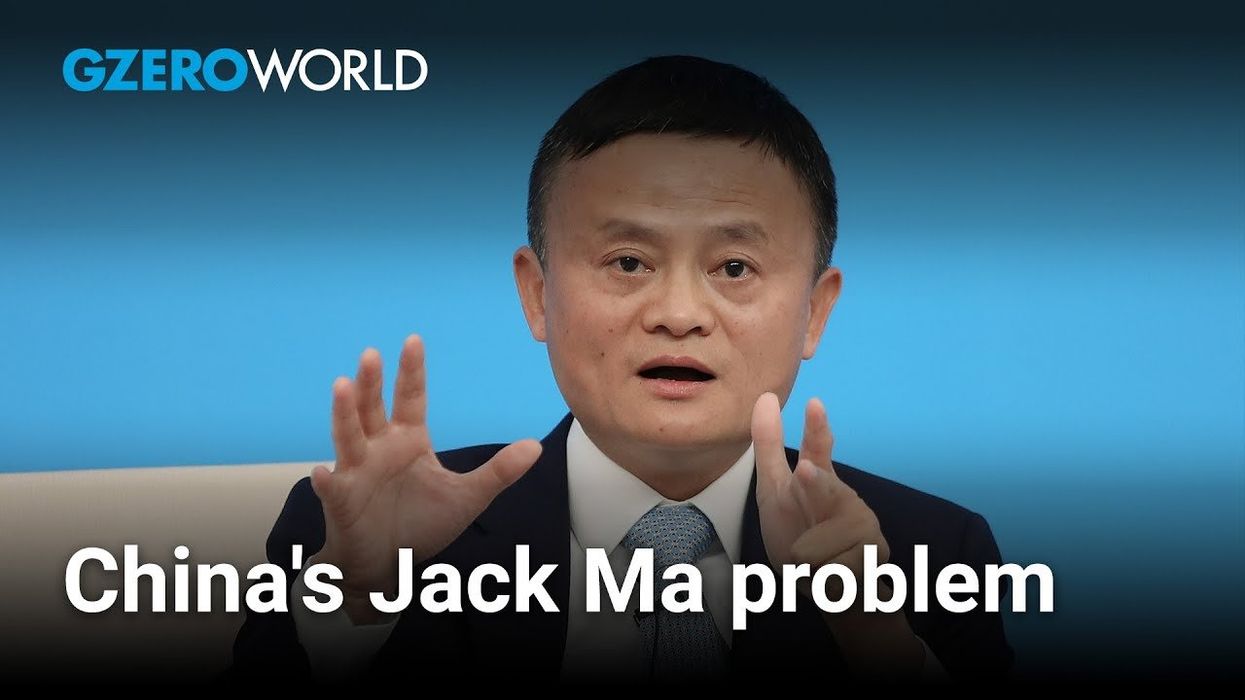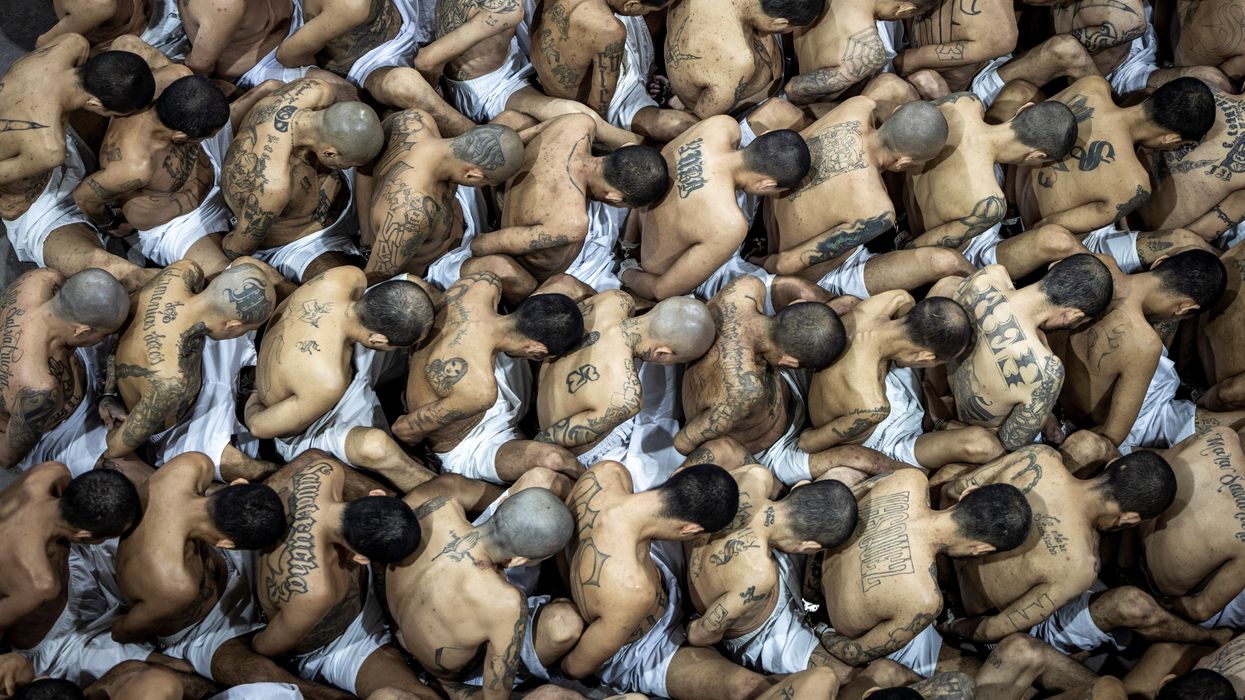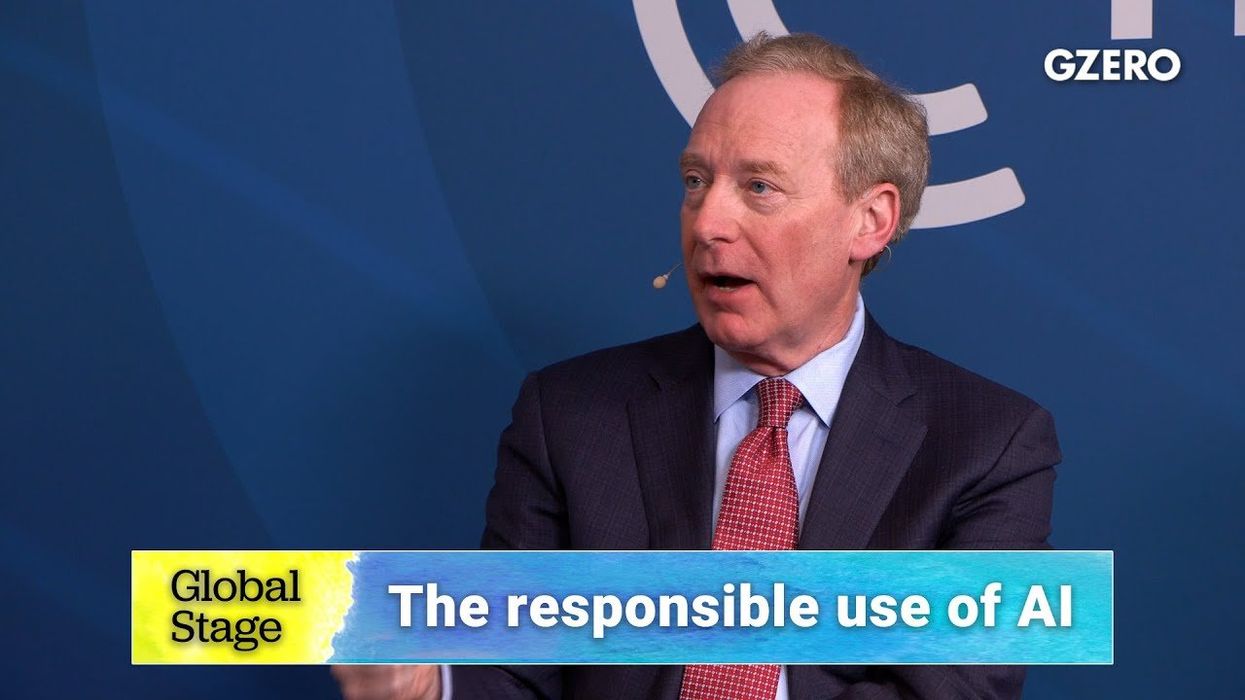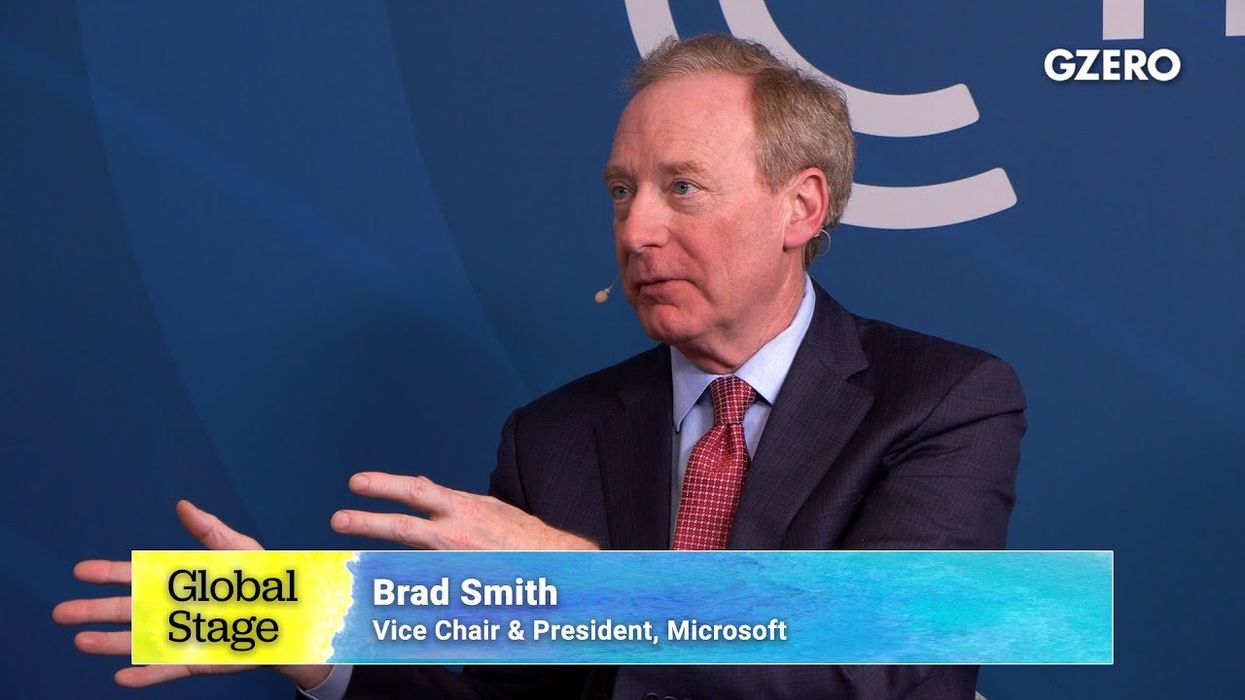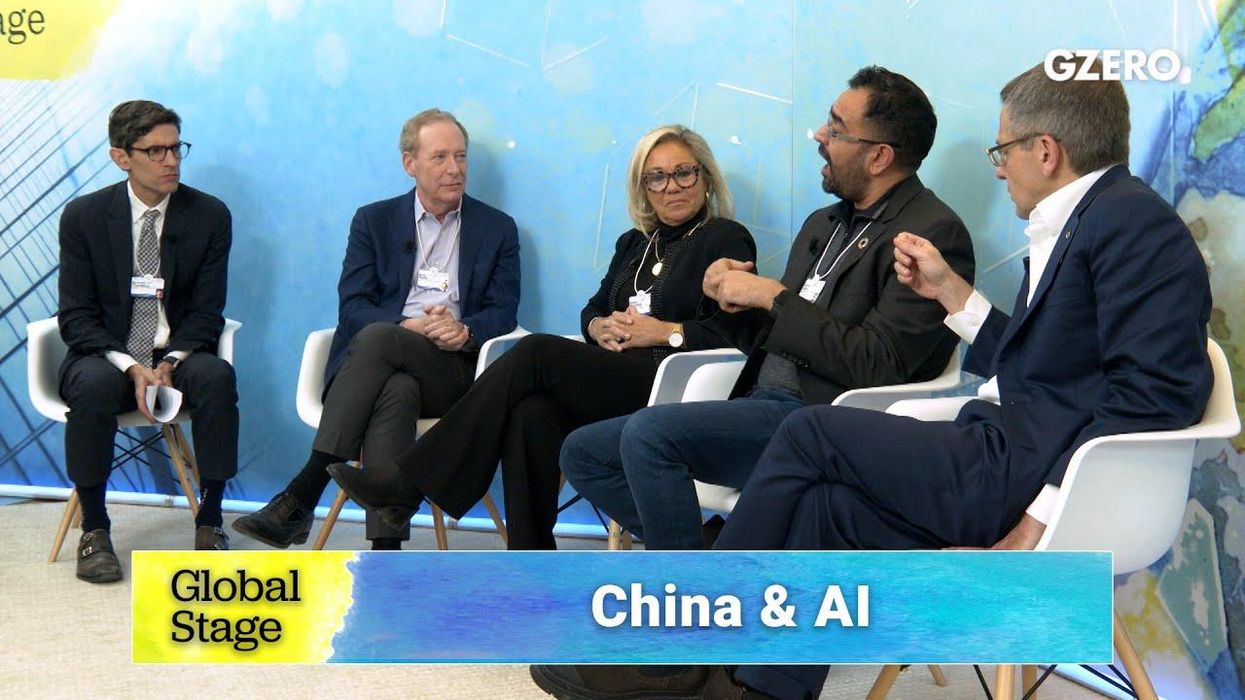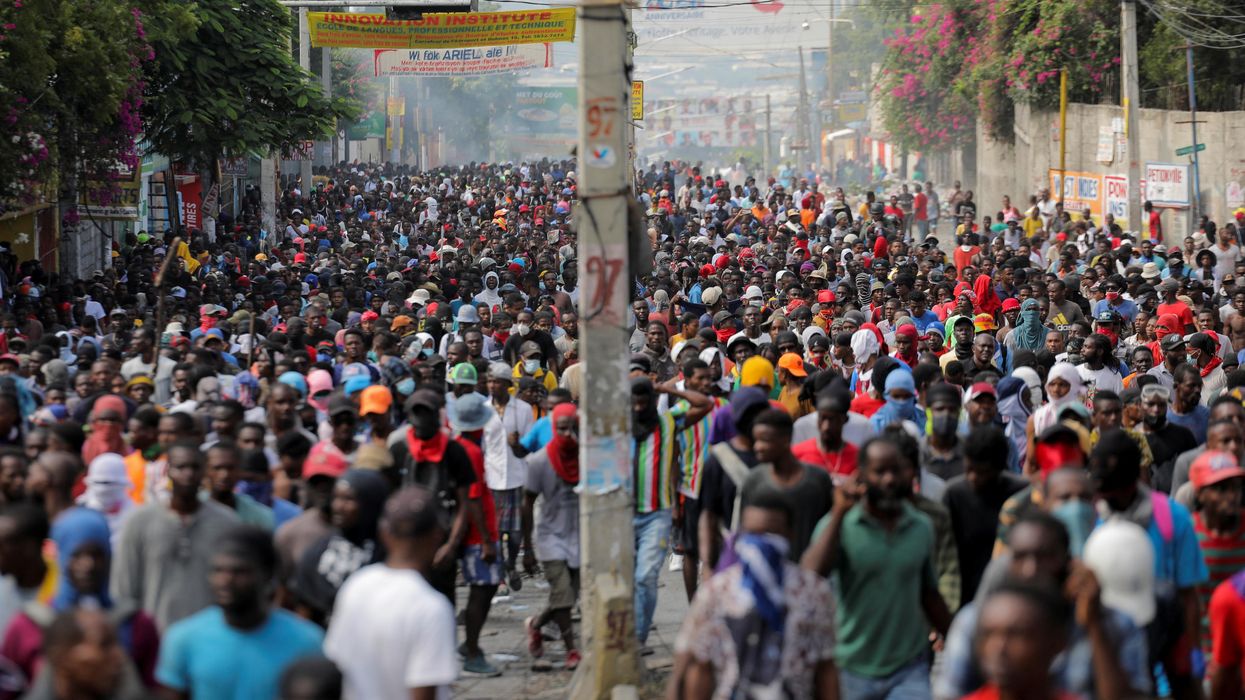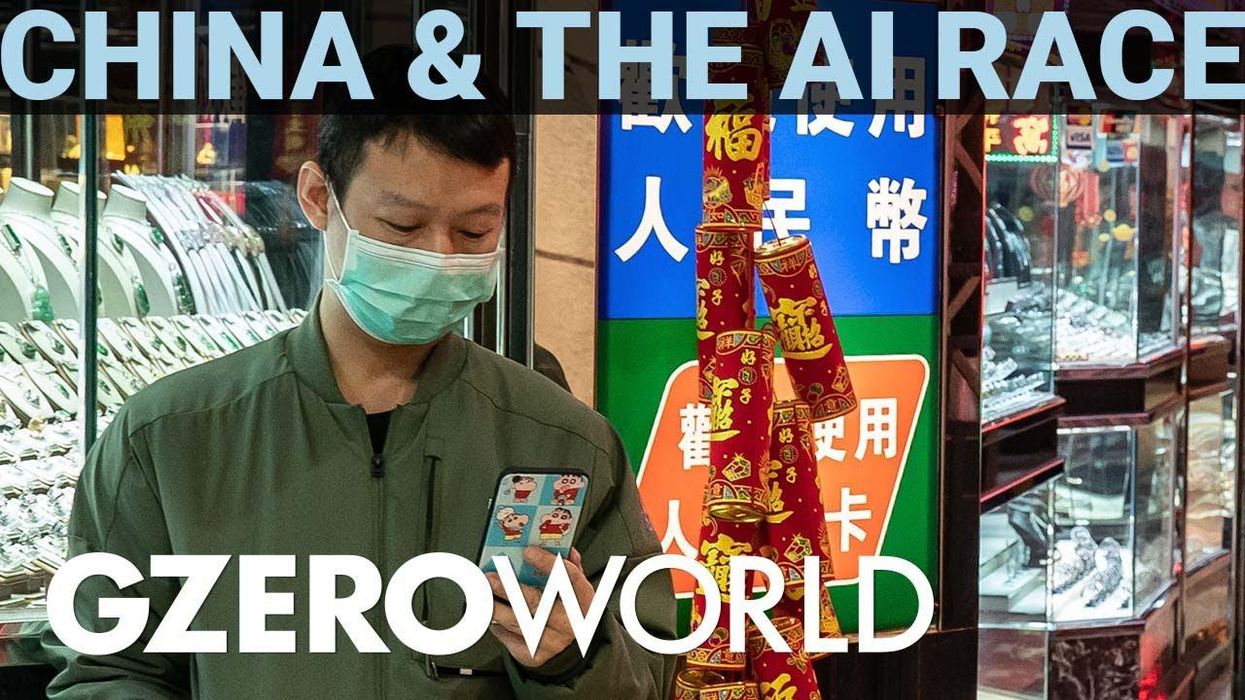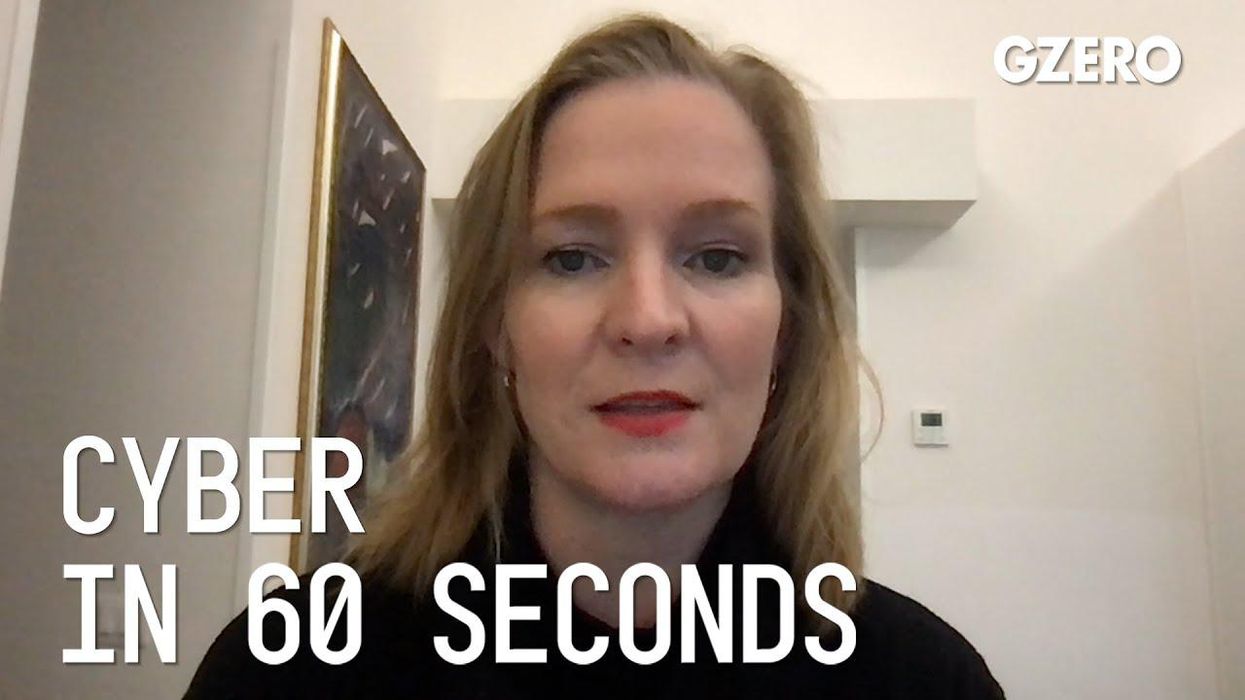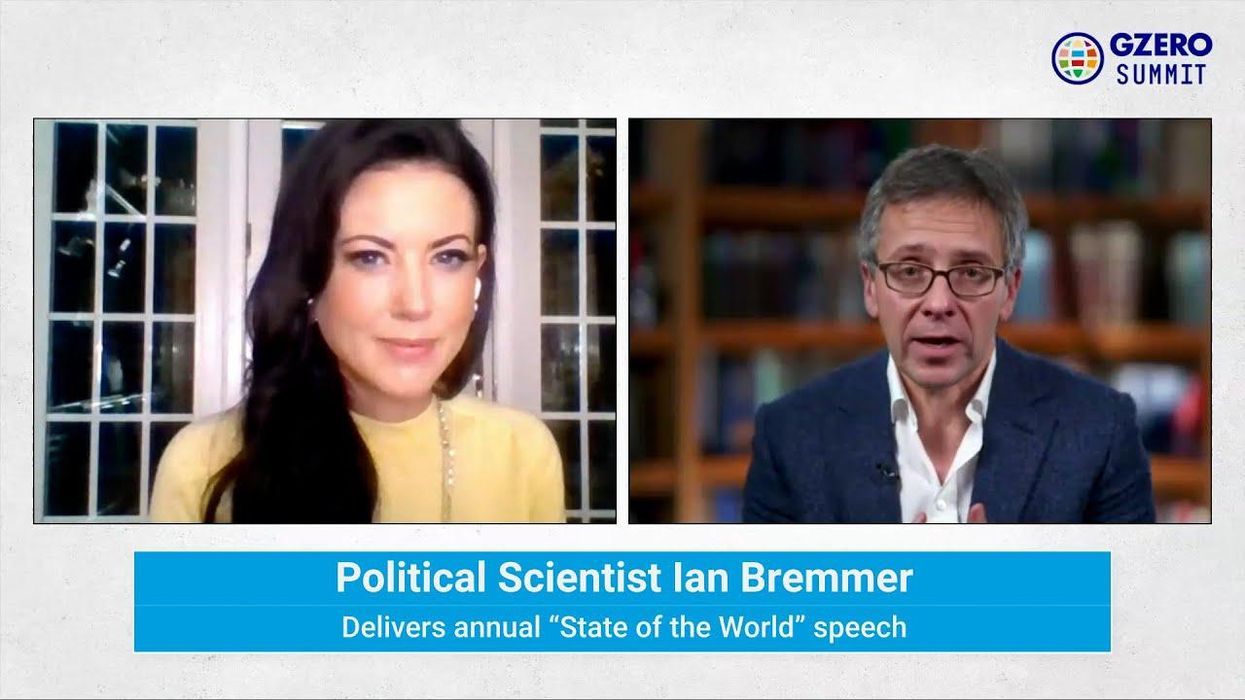GZERO World Clips
China’s tech crackdown & the Jack Ma problem
Is the Communist Party losing support in China? On GZERO World with Ian Bremmer, Shaun Rein, founder and managing director of the China Market Research Group, explains why wealthy Chinese citizens fear that the country is moving towards socialism and is no longer pro-business as it was in the past.
Aug 17, 2023
